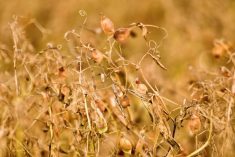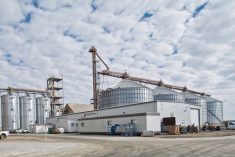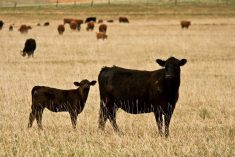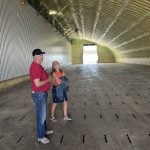Saskatchewan Premier Brad Wall said on Wednesday he was not satisfied with Husky Energy Inc’s emergency response to an oil spill into a river that supplies drinking water, and said the western Canadian province needed to consider ways to avoid a recurrence.
The spill of 1,572 barrels of oil from a Husky pipeline into the North Saskatchewan River started late on July 20, but flows were not shut down until the following morning, the company said on Tuesday.
“No, I’m not satisfied, I don’t think anybody should be,” Wall told reporters in Regina. “I don’t think Husky’s satisfied — they better not be.”
Read Also
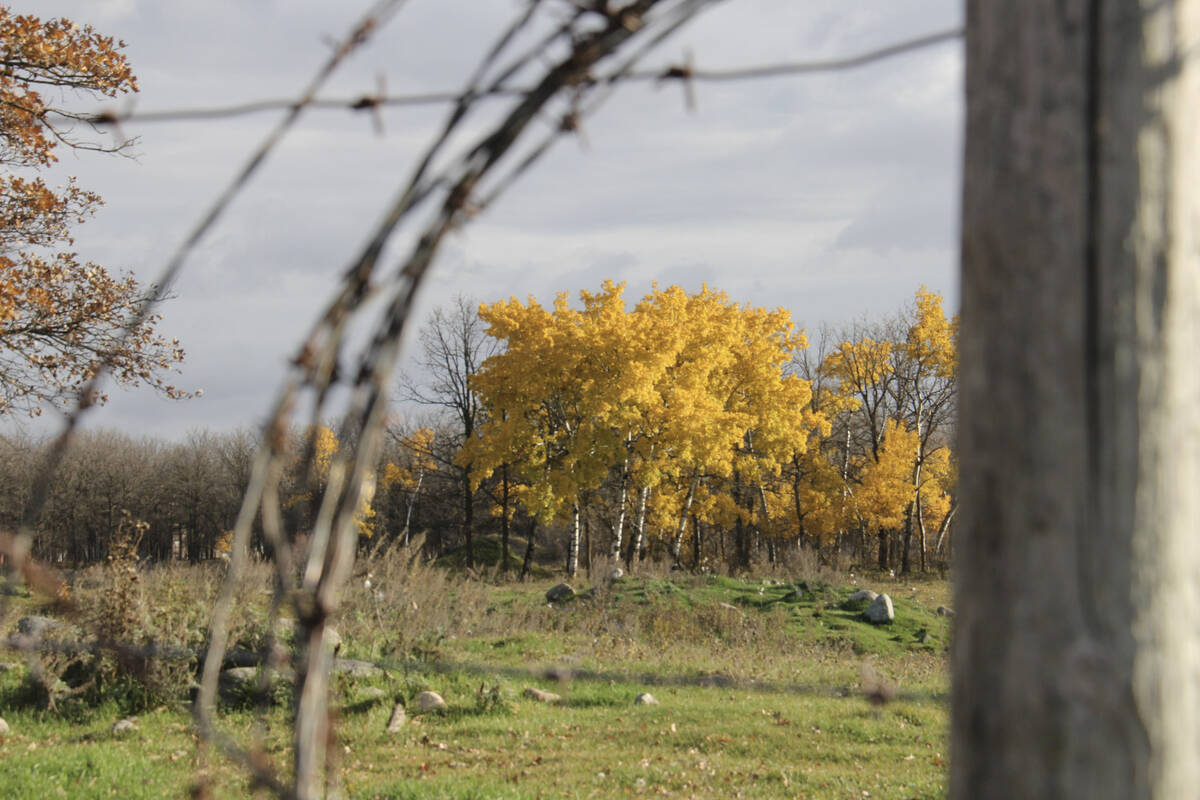
Prairie forecast: A temperature rollercoaster and the possibility of snow
Prairie forecast covering October 8 to 15, 2025. The Prairies may be in for a prolonged battle between warm and cold air before winter sets in. This could bring lots of rain or snow.
Even so, Wall said he was not aware of any “egregious error or misjudgment” by Husky, other than the delay in responding to the spill.
Husky spokespersons could not be immediately reached for comment.
Asked whether Saskatchewan should take steps to prevent future spills, such as requiring pipelines to be doubled up near rivers, Wall suggested he was open to considering them.
“That should all be on the table.”
The cities of Prince Albert and North Battleford have stopped drawing drinking water from the river, and are using other sources temporarily.
Manitoba government officials said Tuesday there is no immediate threat to Manitoba water from an the oil spill.
“While containment is expected to be completed in time to protect Manitoba waterways, the slow travels of the oil slick through the eastern portions of the Saskatchewan River allow time to implement emergency plans if any cleanup is still required,” the statement from Sustainable Development said.
The province said there no risk to the water supply of any Manitoba community at this time, but discussions about alternatives are underway with the Town of The Pas, which uses the Saskatchewan River as a drinking water source.
The spill is smaller than some previous ones in Saskatchewan, but it is taking a bigger toll on wildlife because it involves a major river, said Peter Prebble, director of environmental policy at Saskatchewan Environmental Society.
The provincial government said on Wednesday that it had discovered 14 dead animals, mainly birds.
It was likely that many more animals have been harmed by contact with the polluted water, Prebble said. Longer-term impacts may become worse as the oil sinks and becomes harder to capture, he said.
“I feel insufficient effort has been made to get this oil off the surface as quickly as possible and not let it sink to the bottom,” Prebble said.
Husky is using nine booms to collect oil on the river’s surface, but has not determined how to recover oil that has mixed with sediment and sank, said Wes Kotyk, a spokesman for Saskatchewan’s environment ministry.
Manitoba Sustainable Development advises there is no immediate threat to Manitoba water from an oil spill on the North Saskatchewan River in Saskatchewan.
Efforts to capture the oil are ongoing in Saskatchewan, with oil-absorbent booms deployed in at least six locations.
Manitoba is receiving regular updates on the cleanup and while initial recovery efforts have shown some success, efforts to recapture the oil have been hampered by high water and floating debris. While containment is expected to be completed in time to protect Manitoba waterways, the slow travels of the oil slick through the eastern portions of the Saskatchewan River allow time to implement emergency plans if any cleanup is still required.
There is no risk to the water supply of any Manitoba community at this time, but discussions about alternatives are underway with the Town of The Pas, which uses the Saskatchewan River as a drinking water source. Provincial staff are monitoring the situation closely and will advise if any further action is required.
With files from Staff


